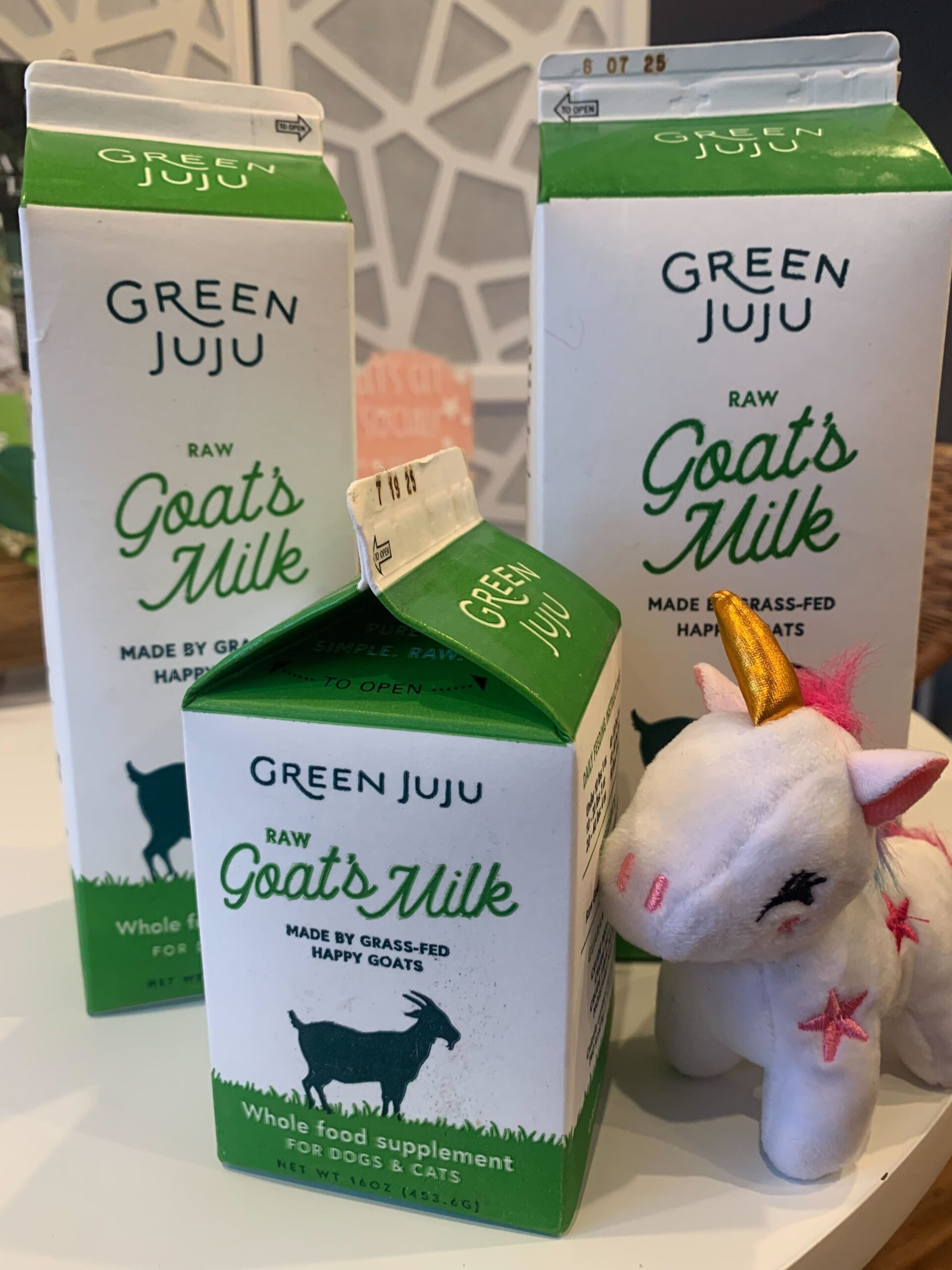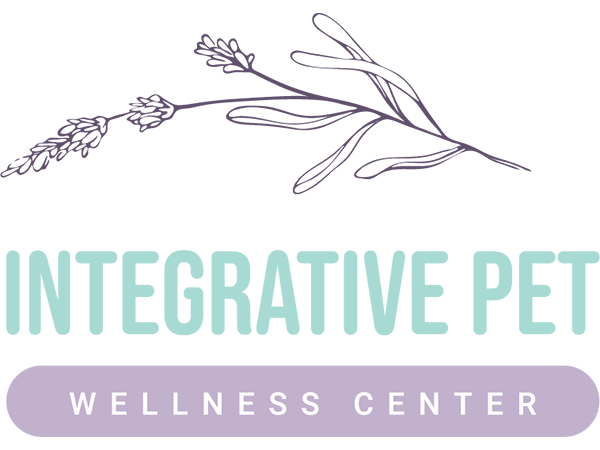Big week!! Myth busting, Free Webinar, and RAFFLE!! 😘
Hi friends,
This week, I’ve been thinking a lot about some common beliefs in veterinary medicine that might not be as solid as we thought. It’s always good to scratch beneath the surface, question the ‘why’ and ‘how’, and most importantly, consider what’s truly best for our unique furry friends. 🤔🐾
Let’s bust some myths together:
1. Grain-Free Diet & Heart Failure: Remember when everyone was talking about grain-free diets causing heart failure in pets? I think it’s worth a look at the original study as there are many questions that can be raised. The FDA has also stepped back from these claims in their official updated statement, unable to find conclusive evidence. Plus, it’s interesting to note that the initial concerns were about grain-free kibbles, not fresh foods. Always dig a little deeper! Plus, since then, a lot more focus has been placed on examining grain-free kibbles and formulas rebalanced that they can be a safe choice. (Though, it’s always a conversation to examine WHY a grain-free kibble diet would be elected, and for #5 below, ideally, don’t use the same diet long term)🕵️♂️🐕
2. Essential Oils & Cats: There’s a big myth floating around that essential oils are always harmful to cats. That’s not the whole story. When used correctly, essential oils can actually be quite beneficial for our feline friends. Check out this free webinar for more info: [The Truth about Cats & Essential Oil] 🌿🐱
3. Raw Food Diets: Some say raw food is always risky for pets, but it’s not that black and white. The key concerns are about zoonotic risks to humans and the quality of the raw food. With proper handling and feeding practices, a raw diet can be a healthy choice for many pets. 🥩🐾
4. Vomiting & Hairballs in Cats: If you think regular vomiting or hairballs are just ‘cat things’, think again. These can actually be signs of underlying gut issues that need attention before they worsen. Let’s not brush off these symptoms. 🚑🐈
5. Consistent Diet Myth: Once upon a time, we thought feeding our pets the same food day in and day out was best. This idea came around with the rise of commercial pet foods. Now, we understand that a diverse diet is key to building a healthy microbiome for immune health. Variety is truly the spice of life, even for our pets! 🍲🐶
At our clinic, we deeply value the uniqueness of each pet – after all, they’re as individual as we are! It’s tough for me to accept broad, one-size-fits-all claims when it comes to pet care. With so much information just a click away, it’s easy to stumble upon something online and take it as gospel truth. But true understanding often requires us to dig deeper, and the more I delve into these issues, the more I realize there’s a world of knowledge yet to discover. 🧐🐾
Our ethos is to tailor therapy to each individual pet, always keeping in mind the fundamental principle of “do no harm.” We strive to provide care that not only benefits our furry friends but also minimizes any negative side effects. A lot of our decision-making comes down to weighing the benefits against the risks. By having open and honest discussions, we can make informed and compassionate choices for our beloved pets. 💖🐶🐱
Let’s keep talking! 🫶
Dr. Lily Chen

Starlight Stories
Hi Unicorns! 🦄
Obviously, unicorn milk would be the ULTIMATE treat but Goat’s milk is the next BAAAAst thing! 🐐
Here are some reasons why you should consider adding Goat’s Milk to your pets’ diet:
– Nutrients! Goat’s milk is a good source of essential nutrients such as vitamins, minerals, and proteins. It contains vitamins A, B6, B12, and other important nutrients like calcium and potassium, which contribute to overall health.
– Probiotics Goat’s milk contains probiotics, which are beneficial bacteria that support a healthy digestive system. These probiotics can contribute to the balance of gut flora, promoting better digestion and nutrient absorption.
– Immune system support! The immunoglobulins and antibodies present in goat’s milk may help support a pet’s immune system. This can be particularly beneficial for young animals, elderly pets, or those with weakened immune systems.
– Hydration! Goat’s milk has a high moisture content, which can help keep pets well-hydrated. Adequate hydration is crucial for maintaining overall health, especially for pets prone to urinary issues.
– Palatability! Many pets find the taste of goat’s milk appealing. This can be useful for enticing picky eaters to consume necessary medications or to encourage them to eat when they might be reluctant.
– Skin and coat health!The fatty acids in goat’s milk may contribute to healthy skin and a shiny coat. This can be particularly beneficial for pets with dry skin or coat issues.
And last but not least,
– Digestibility! Goat’s milk is often considered more digestible than cow’s milk. It contains smaller fat globules and different proteins, making it gentler on a pet’s digestive system. This can be especially beneficial for pets with lactose intolerance.
Love,
Starlight 🌟

